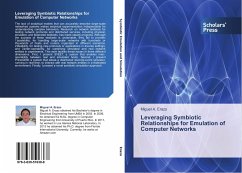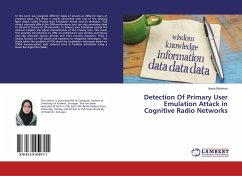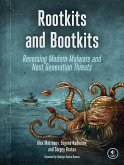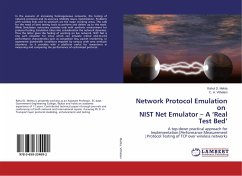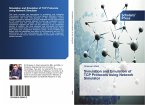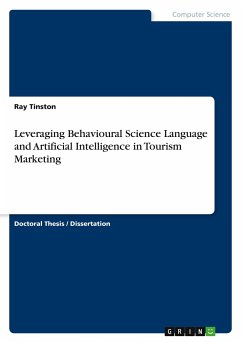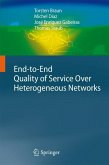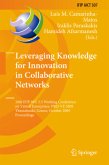The lack of analytical models that can accurately describe large-scale networked systems makes empirical experimentation indispensable for understanding complex behaviors. Research on network testbeds for testing network protocols and distributed services, including physical, emulated, and federated testbeds, has made steady progress. Although the success of these testbeds is undeniable, they fail to provide: 1)scalability, for handling large-scale networks with hundreds or thousands of hosts and routers organized in different scenarios, 2)flexibility, for testing new protocols or applications in diverse settings, and 3)inter-operability, for combining simulated and real network entities in experiments. This work tackles these issues in three different dimensions. First, I present SVEET, a system that enables inter-operability between real and simulated hosts. Second, I present PrimoGENI, a system that allows a distributed discrete-event simulator, running in real-time, to interact with real network entities in a federated environment. Finally, I present a novel symbiotic simulation approach.
Bitte wählen Sie Ihr Anliegen aus.
Rechnungen
Retourenschein anfordern
Bestellstatus
Storno

